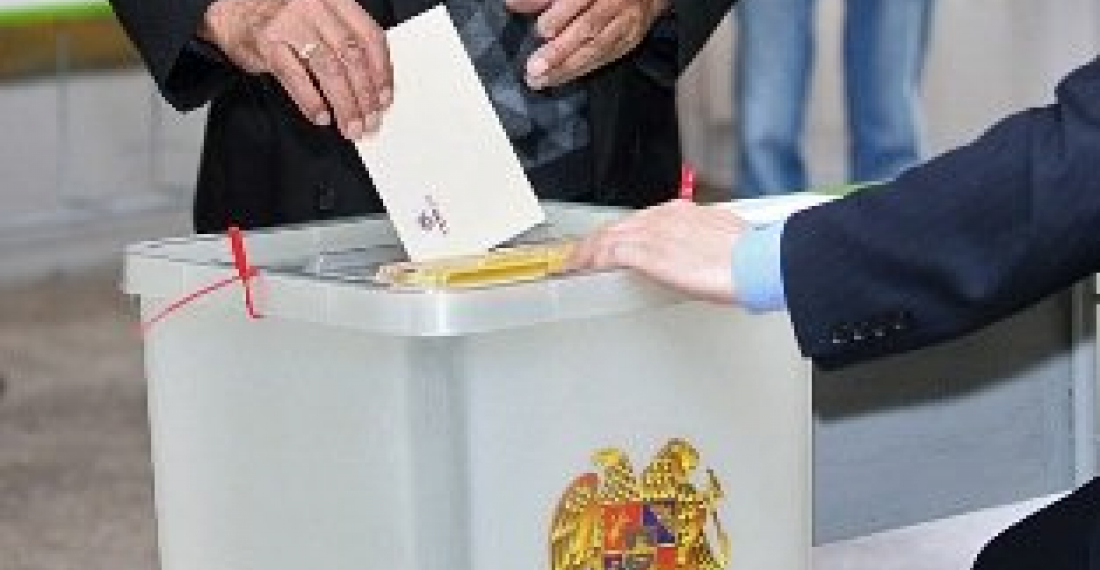The second part of local elections were held in Armenia on October 2, following on from the first part on September 18, 2016. Local elections in Armenia are staggered over several weeks. This time, the local elections were held in 377 communities of Gegharkunik, Lori, Kotayk, Shirak, Syunik, Vayots Dzor regions. However, the main attention was focused on Vanadzor and Gyumri. In the Mayoral elections in the second and the third largest cities in Armenia, Gyumri and Vanadzor respectively, 10 parties and one political bloc competed in the former and 8 parties in the latter.
Commonspace.eu correspondent in Armenia Vahagn Antonian reports on the outcome of the elections from the city of Vanadzor:
The elections were a serious test for all political forces in Armenia leading up to the 2017 parliamentary elections, but first and foremost for the ruling Republican Party. And the Republicans passed that test, although not without some difficulties - the Republican Party won majorities in Vanadzor and Gyumri.
But the elections showed that the Republican Party is no longer as powerful as before. It was forced to seek coalitions not only in Armenia's second and third largest cities, but in some smaller communities as well. This time, the Republican candidate was also defeated in the relatively large city of Martuni, Gegharkunik region.
The campaign and the results of the elections showed that independents and the political opposition managed to reorganize themselves after the four-day April conflict and the occupation of Erebuni police station in July, increasing their competitiveness. However, it should be noted that they compete mostly with each other, rather than with the ruling party.
A large number of electoral violations were recorded during this round of elections, just as during the first round on September 18. By 8pm (the close of polls) there were 181 reports of electoral violations. According to a police press release, during the local government election campaign and the voting day, the police received information about 117 different types of violations and opened case files regarding 113 of them. Electoral violations were registered in all regions, although the Lori region saw the most, with 34 complaints. It should be noted that the police, as always during the elections, acted as an observer, responding only to violations reported by mass media and observers. There is not one instance when police uncovered or prevented any violation of its own volition.
An unfortunate accident was recorded in Gyumri: in one of polling stations an observer, one Gurgen Kostanyan of Transparency International Anti-Corruption Center, collapsed and later died in a local hospital.
It is fair to say that the opposition parties lost to the ruling party due to the intense competition between themselves.
source: Vahagn Antonian is commonspace.eu correspondent in Armenia






